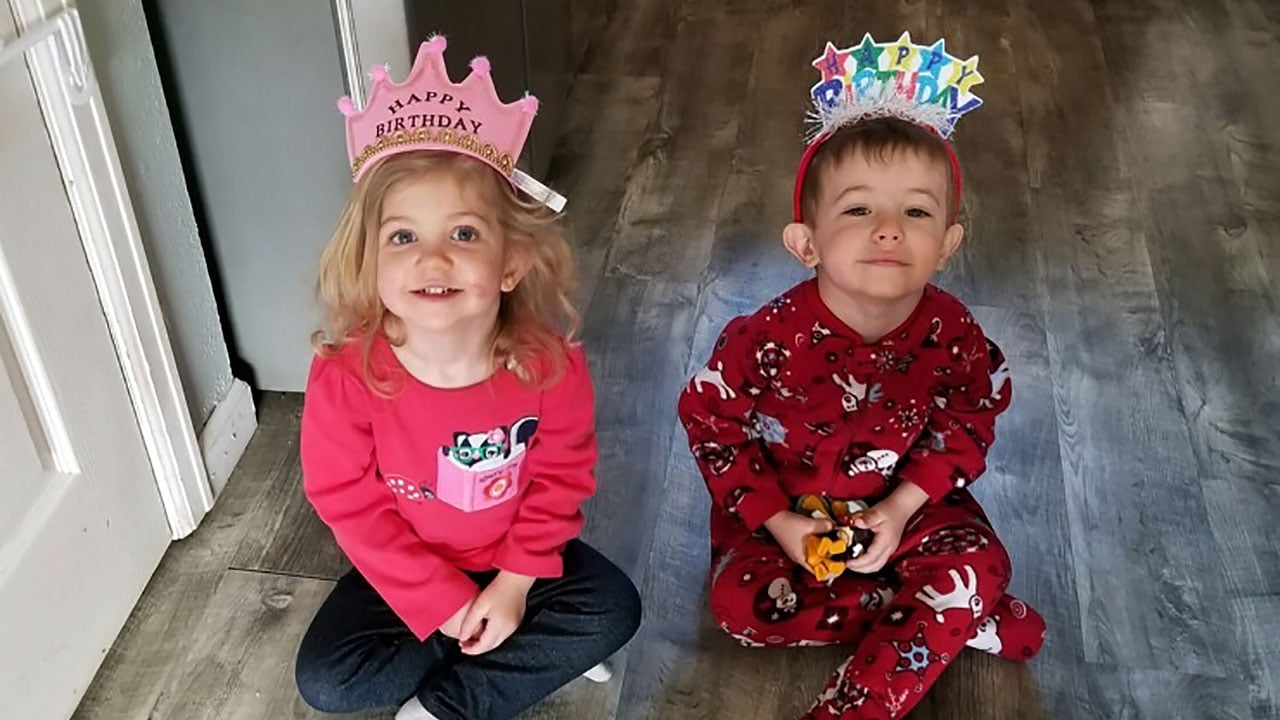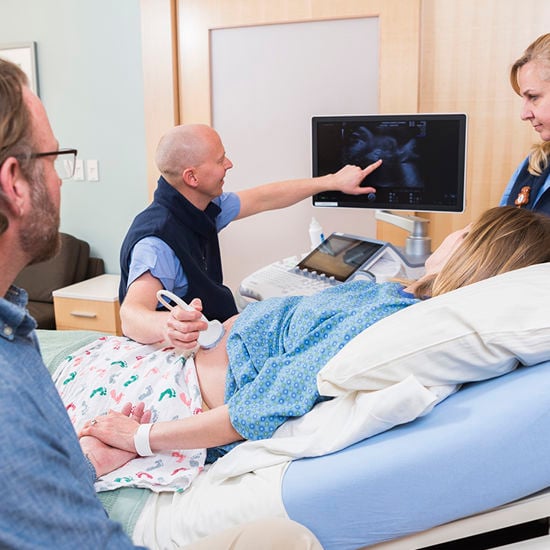- Doctors & Departments
-
Conditions & Advice
- Overview
- Conditions and Symptoms
- Symptom Checker
- Parent Resources
- The Connection Journey
- Calm A Crying Baby
- Sports Articles
- Dosage Tables
- Baby Guide
-
Your Visit
- Overview
- Prepare for Your Visit
- Your Overnight Stay
- Send a Cheer Card
- Family and Patient Resources
- Patient Cost Estimate
- Insurance and Financial Resources
- Online Bill Pay
- Medical Records
- Policies and Procedures
- We Ask Because We Care
Click to find the locations nearest youFind locations by region
See all locations -
Community
- Overview
- Addressing the Youth Mental Health Crisis
- Calendar of Events
- Child Health Advocacy
- Community Health
- Community Partners
- Corporate Relations
- Global Health
- Patient Advocacy
- Patient Stories
- Pediatric Affiliations
- Support Children’s Colorado
- Specialty Outreach Clinics
Your Support Matters
Upcoming Events
Colorado Hospitals Substance Exposed Newborn Quality Improvement Collaborative CHoSEN Conference (Hybrid)
Monday, April 29, 2024The CHoSEN Collaborative is an effort to increase consistency in...
-
Research & Innovation
- Overview
- Pediatric Clinical Trials
- Q: Pediatric Health Advances
- Discoveries and Milestones
- Training and Internships
- Academic Affiliation
- Investigator Resources
- Funding Opportunities
- Center For Innovation
- Support Our Research
- Research Areas

It starts with a Q:
For the latest cutting-edge research, innovative collaborations and remarkable discoveries in child health, read stories from across all our areas of study in Q: Advances and Answers in Pediatric Health.


Emily: An Impossible Choice and a Journey with CDH

Charise Walters was nearly 6 months pregnant when she found out one of her twins had congenital diaphragmatic hernia (CDH). The case was severe. The affected twin, Emily, had developed essentially without a diaphragm, allowing her abdominal organs to migrate into her chest — which, in turn, had severely stunted the development of her lungs.
When she was born, she'd be unable to breathe.
The twin risks of congenital diaphragmatic hernia
Under typical circumstances, Emily would be a candidate for fetal surgery that might give her lungs more room to grow. Her twin, Tommy, made that impossible. Meanwhile, Tommy ran an increased risk of low birthweight and complications simply by virtue of being a twin.
"They were very honest and forthcoming with me, but also very frank," says Charise. "I could either have a selective reduction and not take any chances with Tommy, or I could go through with the pregnancy and try to save Emily."
Saving Emily would be far from certain. Her care team estimated her odds of survival at less than 20%. Even if she did make it, they told Charise, she could easily be hospitalized for more than a year. She might sustain severe brain or kidney damage. She might never walk or talk.
"It was my first pregnancy, so just wanting to be a mom and hold my children, but also knowing — it felt surreal," Charise recalls. "They were moving in there. I could see the baby bump getting bigger and bigger every day. It was heart-wrenching."
How ECMO keeps babies with CDH alive
Along with her care team, Charise decided to do everything they could for Emily. The twins did come prematurely, by six weeks. Tommy weighed three pounds. Emily weighed five and a half. That extra weight was a glimmer of good news in a situation that, otherwise, looked dire.
"Premature babies already have a higher risk of lung disease," says pediatric and fetal surgeon Kenneth Liechty, MD, who led Emily's care team. "Put that on top of small lungs, and you have a situation that’s really very critical."
A machine did what her tiny lungs could not: extracorporeal membrane oxygenation, or ECMO, pulled blood directly from her heart, exchanged the carbon dioxide in her blood for oxygen, and pumped it back in.
The machine would keep her alive, but it came with high risks. Emily fought sepsis. She spent two weeks on ECMO, then three. Charise lived in the NICU, splitting time between twins. Tommy spent most of his time under the light of incubation, growing to the point he could survive on his own. Emily's odds of survival fell to 10%.
Caring for CDH in the NICU
"We'd read her stories and try to touch her hands and feet whenever we could, but she was all covered with tubes and wires and machines," Charise recalls. "It was hard, just wanting to be a part of her care but not knowing how to help her."
After nearly four weeks on ECMO, Emily's lungs grew to the point her care team in Children's Colorado's Level IV NICU thought the risks of keeping Emily the machine outweighed the risks of easing her off. They'd transition to a ventilator specially calibrated to gently nudge the growth of her lungs along without damaging them. After about a week, Emily stabilized. Soon after, Tommy went home.
Emily would stay another four months.
Learning how to live with CDH
Tommy and Emily are now 2 years old, and Emily is doing well. She's not quite as fast as her brother, and she still needs supplemental oxygen at night, but that doesn't stop her from jumping on the bed, and she's working on her somersaults. For now, most of her nutrition comes through a tube.
"We're working with speech and feeding therapists to learn to chew, manipulate food with her tongue, manage breathing while swallowing," Charise says. "All those things most infants learn to do on their own, she never did."
Still, she's drinking water well, and she likes applesauce and mashed potatoes. Her favorite, right now, is ranch. In fact, during most of the day, unless she lifted up her shirt to show you her g-tube port, you'd never know her from a regular, healthy kid.
"I don't know how else to say it," says Charise. "She's a walking miracle."

Would you like a second opinion?
If you have received a prenatal diagnosis, are considering treatment options or just want to feel more confident about your treatment plan, our fetal care experts are here to help.
Request a second opinion from our Colorado Fetal Care Center



 720-777-0123
720-777-0123



